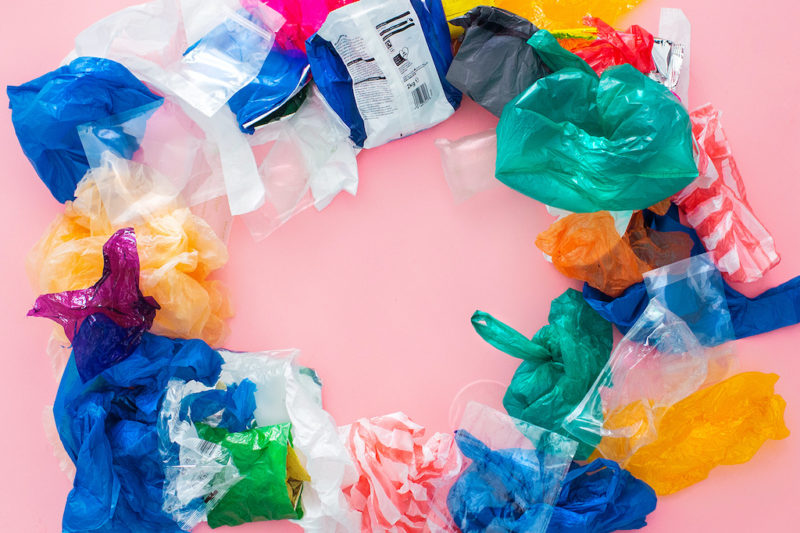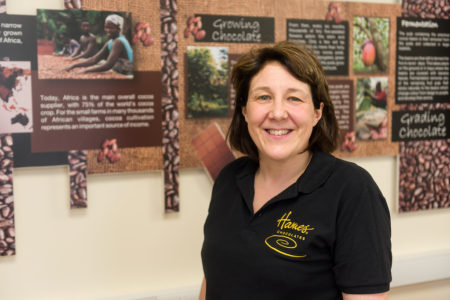Confectionery majors Nestlé, Mars and Mondelēz join sector drive for plastic packaging recycling

Bringing flexi back to be recycled
Mars UK, Mondelēz and Nestlé have joined an industry initiative forging a £1 million fund targeting making flexible plastic recycling more economically viable for recyclers and easier for consumers, reports Neill Barston.
The trio are joined by other major food brands including PepsiCo and Unilever in the scheme – which is though to the first of its kind in the region, to help deliver faster progress on environmental protection measures.
Known as the Flexible Plastic Fund, it is being led by producer compliance scheme, Ecosurety, with support from environmental charity, Hubbub.
In collaboration with manufacturers, retailers and recyclers, the Fund intends to improve flexible plastic recycling and reduce plastic pollution by giving the material a stable value. This will in turn increase the supply of recycled plastic enabling industry to become more ‘circular’ and meet the forthcoming UK plastic packaging tax obligations. This will motivate investment in much needed jobs and infrastructure to make flexible plastic recycling a financially sustainable system in the UK.
New research from the University of Sheffield suggests there is strong consumer demand for recycling flexible plastic with 95% of participants saying they would be willing to recycle their flexible plastics.
Sainsbury’s and Waitrose have already signed up to support the initiative by hosting flexible plastic collection points in selected stores across the UK. Several other major retailers are set to follow suit. As a result, recycling this material will become increasingly accessible to consumers, as they will be able to recycle all types of flexible plastic packaging with participating retailers.
With just 16% of UK local authorities currently offering household collection of flexible plastics, the amounts of this material collected for recycling are low. Flexible plastics include plastic bags, wrappers, films, pouches, packets and sachets and is described as ‘plastic bags and wrapping’, ‘soft plastics’ or ‘flexible plastics’. The Fund will guarantee a minimum value of £100 per tonne of recycled product to incentivise recyclers to process flexible plastic.
The long-term ambition of the Fund is to drive progress towards creating a circular, UK based flexible plastic recycling market that allows flexible plastic recycling via household collections. As part of the UK’s drive to boost recycling, WRAP recently announced new recommendations to support flexible plastic recycling.
Flexible plastic represented 22% of all UK consumer plastic packaging in 2019 but only 6% was recycled3. This type of plastic must be processed in a different way to other plastics due to its unique properties – it often contaminates rigid plastic recycling and clogs up machinery – something that could be overcome by creating a separate flexible plastic recycling stream.
The initiative will provide fully audited transparency – at least 80% of the plastics collected will be recycled in the UK – rising to 100% by 2023. Until 2023, where there are currently limits in UK capacity and technology, up to 20% could be exported to qualifying facilities in Europe.The recycled plastic will be turned into a range of products including non-food grade plastic, non-food-grade film and food-grade film. For more information, visit www.flexibleplasticfund.org.uk




It’s good to hear these big companies are joining together for recycling waste